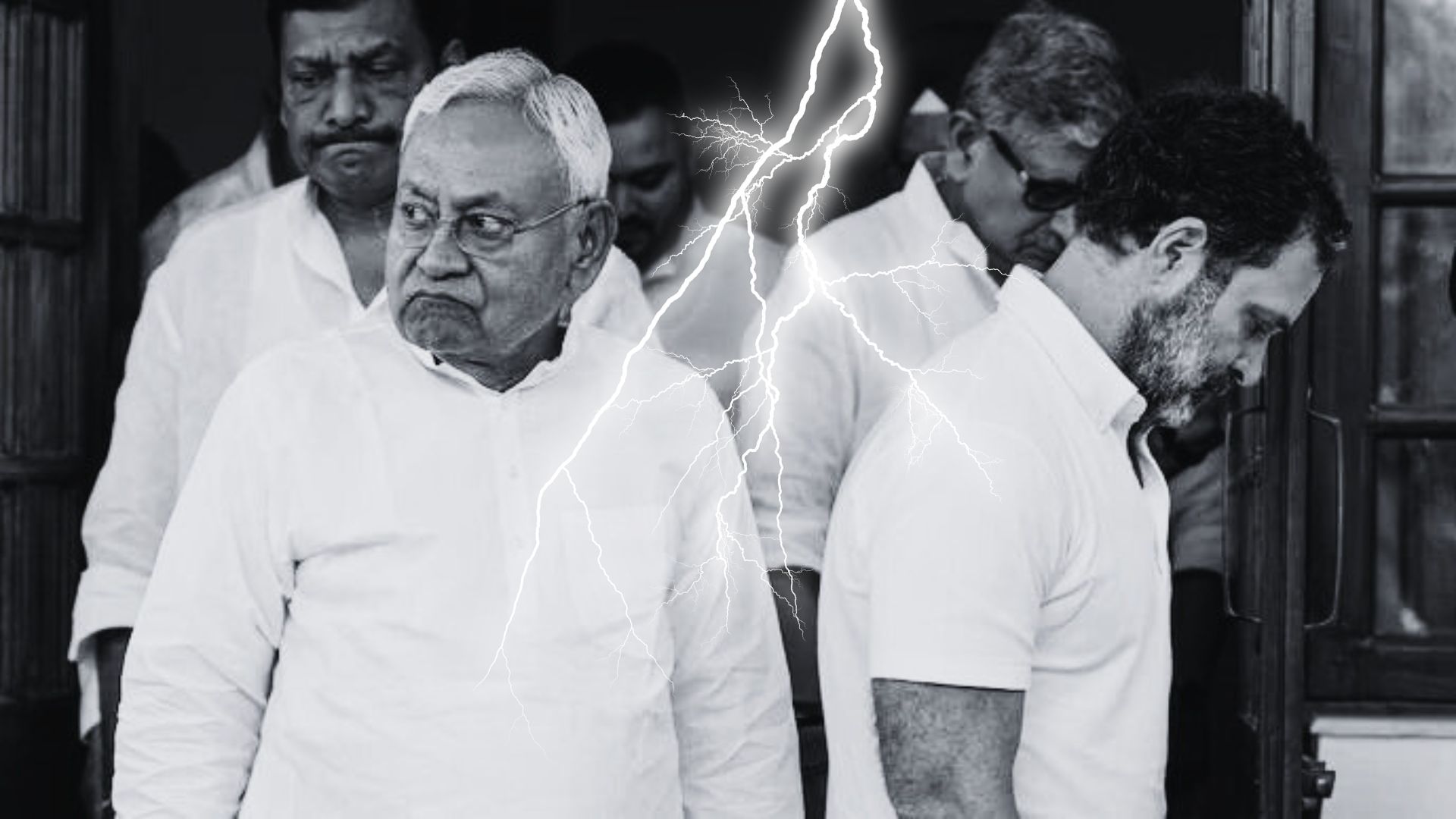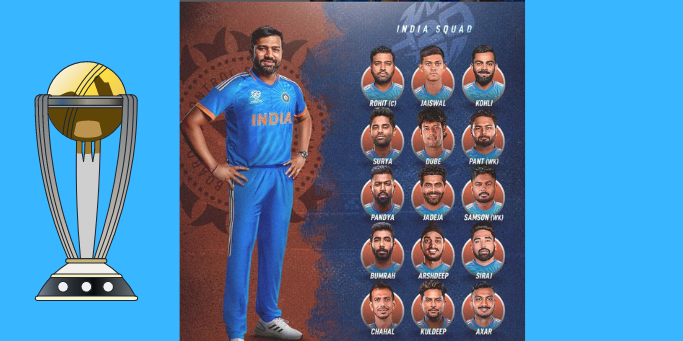In the ever-shifting landscape of Indian politics, a recent verbal duel between Rahul Gandhi and Nitish Kumar has captured the attention of political enthusiasts. Rahul Gandhi, the scion of the Indian National Congress, didn’t mince words when he took a swipe at Nitish Kumar, the Chief Minister of Bihar. The remark was succinct yet impactful: “A little pressure, and he takes a U-turn; we don’t need him.”
Context Matters: The Political Chessboard
Before dissecting Rahul’s remark, let’s set the stage. Nitish Kumar, a seasoned politician, has been a prominent figure in Bihar politics for decades. His political journey has seen alliances, realignments, and ideological shifts. From being a socialist leader to joining hands with the BJP, Nitish Kumar’s trajectory has been marked by pragmatism and adaptability.
On the other side stands Rahul Gandhi, the scion of the Nehru-Gandhi dynasty. Rahul’s political journey has been equally eventful, with highs and lows. His leadership style, often criticized for lacking decisiveness, has faced scrutiny from opponents and allies alike.
The Remark: A Closer Look
Rahul Gandhi’s remark about Nitish Kumar’s penchant for U-turns is layered. Let’s break it down:
- Pressure Points: Rahul implies that Nitish Kumar succumbs to pressure easily. Whether it’s political maneuvering, coalition dynamics, or policy decisions, Nitish’s alleged vulnerability to pressure becomes a focal point. The question arises: Can a leader who bends under pressure be trusted to steer a state?
- U-Turns: The term “U-turn” in politics carries weight. It signifies a sudden reversal of stance, often leaving voters bewildered. Nitish Kumar’s political journey has indeed witnessed several U-turns. From aligning with the BJP to breaking away and then reuniting, his shifts have raised eyebrows. Rahul’s remark highlights this inconsistency.
- Leadership Rejection: By stating, “We don’t need him,” Rahul Gandhi questions Nitish Kumar’s relevance. It’s a bold assertion, suggesting that Bihar can do without Nitish’s leadership. Whether this sentiment resonates with the electorate remains to be seen.
The Larger Implications
Beyond the verbal duel lies a deeper narrative. Indian politics thrives on alliances, power-sharing, and coalition governments. Leaders like Nitish Kumar play pivotal roles in shaping state policies and governance. However, their credibility hinges on consistency and principled decision-making.
Rahul Gandhi’s dig at Nitish Kumar isn’t merely a personal attack; it reflects broader concerns about political integrity. Can leaders withstand pressure without compromising their convictions? Are U-turns a sign of pragmatism or opportunism? These questions resonate with voters who seek stability and transparency.
Conclusion: The Verdict Awaits
As Bihar gears up for elections, Rahul Gandhi’s remark adds spice to the political pot. Nitish Kumar’s response, if any, will determine whether he can weather the storm of criticism. Meanwhile, voters will weigh these words as they head to the ballot box.
In this high-stakes game of political chess, the verdict lies with the people. Will Nitish Kumar’s U-turns prove costly, or will his pragmatism win the day? Only time will tell, but Rahul Gandhi’s sharp remark has certainly stirred the pot.
Disclaimer: This blog is an analysis of political rhetoric and does not endorse any particular viewpoint.



